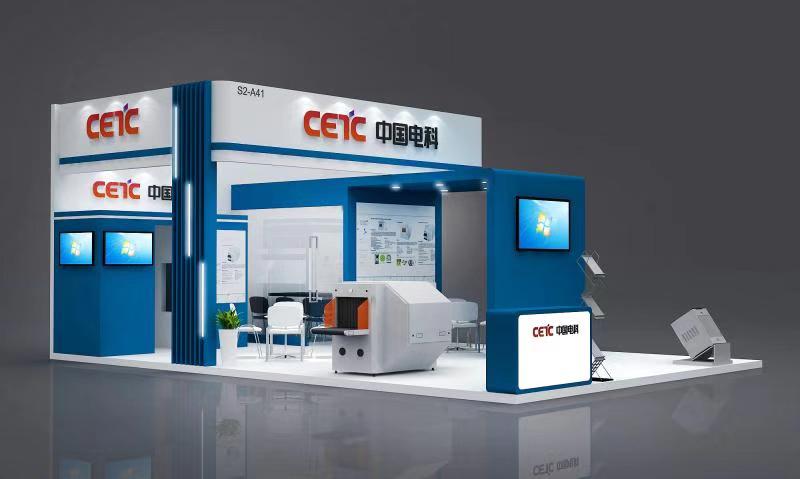 Nowadays, people always choose subway, train, high-speed rail, plane and other convenient ways of travel. Then, when taking the train at each station, the carry on bag must be checked.
Nowadays, people always choose subway, train, high-speed rail, plane and other convenient ways of travel. Then, when taking the train at each station, the carry on bag must be checked.
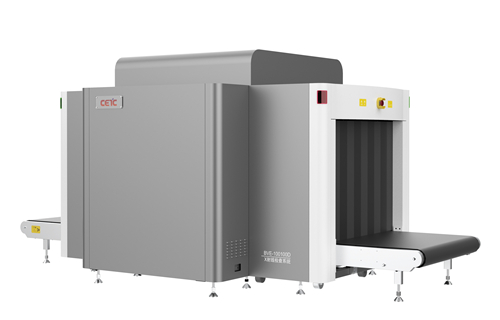
Therefore, some people have a worry: fruits, food, water and other food after the security checking of the x-ray machine, there will be radiation existed and last?
Some irradiated food is also sold in the market. Is this kind of food radioactive? Is it safe to eat this kind of food?
Security inspection machine, also known as security equipment/x-ray baggage scanner:
Including security inspection X-ray machine, luggage security inspection machine, channel X-ray machine, material inspection X-ray machine, X-ray security detector, X-ray luggage inspection machine, X-ray detector, X-ray foreign body detector, X-ray luggage detector, third product detector, third product inspection machine, third product inspection machine, third product inspection instrument.
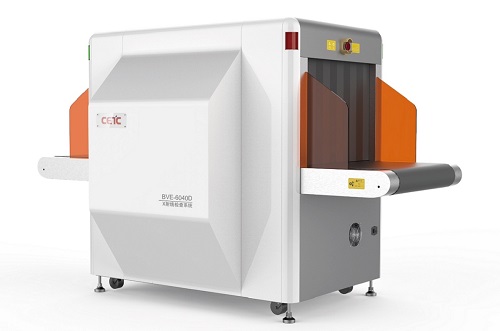
X-ray baggage scanner/ Security inspection machines are widely used in airports, railway stations, bus stations, government buildings, embassies, conference centers, exhibition centers, hotels, shopping malls, large-scale activities, post offices, schools, logistics industry, industrial testing, etc.
Is food safe after X-ray exposure?
Relevant experts made it clear that the public do not have to worry about the food safety inspection machine radiation. "The radiation of an object mainly depends on its own content and composition. Food such as fruits will not be left over by X-ray irradiation, let alone cumulative damage."
For the radiation of the security inspection machine, the radiation device has strong or weak, can not be generalized, but it is certainly below the safety line, this can be assured.
The installation and use of all these devices must be verified by the environmental protection department. Within the scope of national standards, it is usually far below the management limit for individuals, that is, how much dose each person can accept.
It is understood that according to the national "basic standards for protection against ionizing radiation and safety of radiation sources", the dose of radiation received by normal people every year should not exceed 1msv.
China's standards are formulated according to the standards of six authoritative international organizations, such as the United Nations Scientific Committee on the effects of atomic radiation, which are more stringent even in the world.
How about irradiated food?
In the food processing industry, there is a processing technology called irradiation food technology. Irradiation food technology is a kind of sterilization and fresh-keeping technology. Radioactive nuclides such as cobalt-60 are used to irradiate grains, vegetables, fruits, meat, condiments, medicines, etc. in order to sterilize and kill parasites, eggs and larvae. As early as the 1950s, China began to use irradiation technology in food processing, and seasoning bag was widely used earlier.
Nowadays, irradiation processing, like high-temperature cooking and low-temperature refrigeration, has become one of the safe ways of food sterilization. The biggest advantage of irradiation sterilization is that it can completely eliminate microorganisms, prevent diseases and insect pests, strong ray penetration, and can be disinfected without opening the package. In addition, irradiation sterilization can also extend the storage time of food and agricultural products, such as the grain after irradiation will not produce insects and mildew within 3 years; potatoes and onions can be prolonged for 6-12 months after irradiation; meat and poultry food can be completely eliminated by mold, Escherichia coli and other pathogens.
Does the food have radioactive or toxic side effects after irradiation, and is its nutritional value damaged? Relevant experts said that the international demonstration and test of food irradiation safety started as early as the 1960s. After long-term animal and human experiments, it has been proved that irradiated food is harmless to human body. "For the food preserved by irradiation, the food irradiated with the prescribed dose is safe. The processed food does not contain radioactive substances, and there is no possibility of carcinogenesis, teratogenesis and mutagenicity after consumption.
Experts also pointed out that each kind of food has different radiation dose standards, so long as the reasonable dose standard is implemented, the nutrients in irradiated food will hardly be damaged. Tocopherol and selenium are easily destroyed in cooking process such as cooking, frying and so on. The retention rate of tocopherol and selenium after irradiation can be as high as 90%.
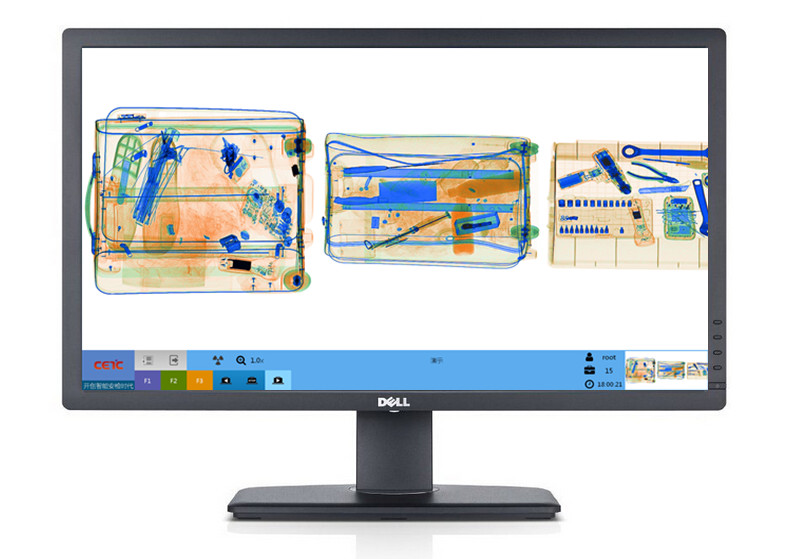
CETC Beijing Vacuum’s all series, all tunnel sizes from BVE-5030 to BVE-220220 x-ray baggage scanner, BVE-200, 300 vehicle security inspection system is high-technology, intelligent x-ray baggage/vehicle security screening system research and developed by CETC BVE, the imaging and image processing function are state-of-art level with CETC cutting-edge technology. The baggage x-ray scanning image CETC x-ray baggage scanner created have crystal clear on each details, every corner, any sharp edges of the baggage, which assists the operators could easily identify the threat objects, contraband goods in the baggage/luggage/cargo/vehicle the x-ray machine scanned.
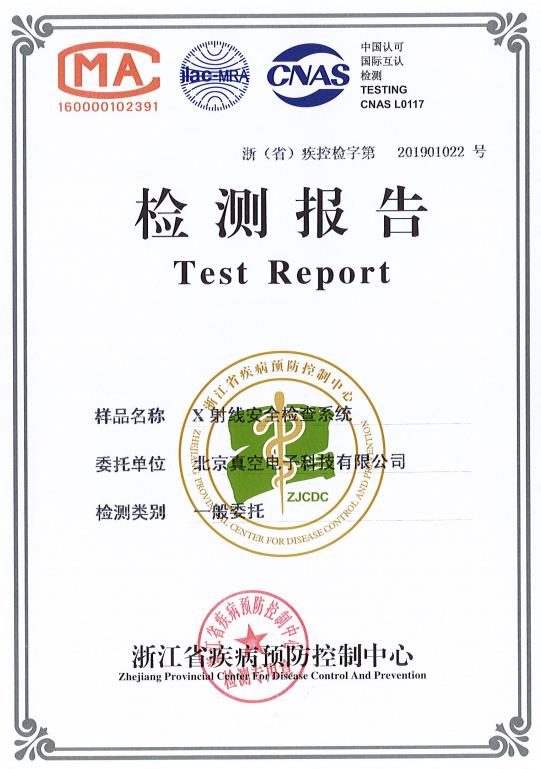
All x-ray scanning systems CETC supplying meet the Chinese national radiation permit as well as the national related standard GB15208-2018, also we have FDA (food and drugs administration) from united states and strictly follow the instruction of all applicable international radiation safety standards.

Therefore, all passengers using CETC’s x-ray scanning system don’t need to worry about food safety.
